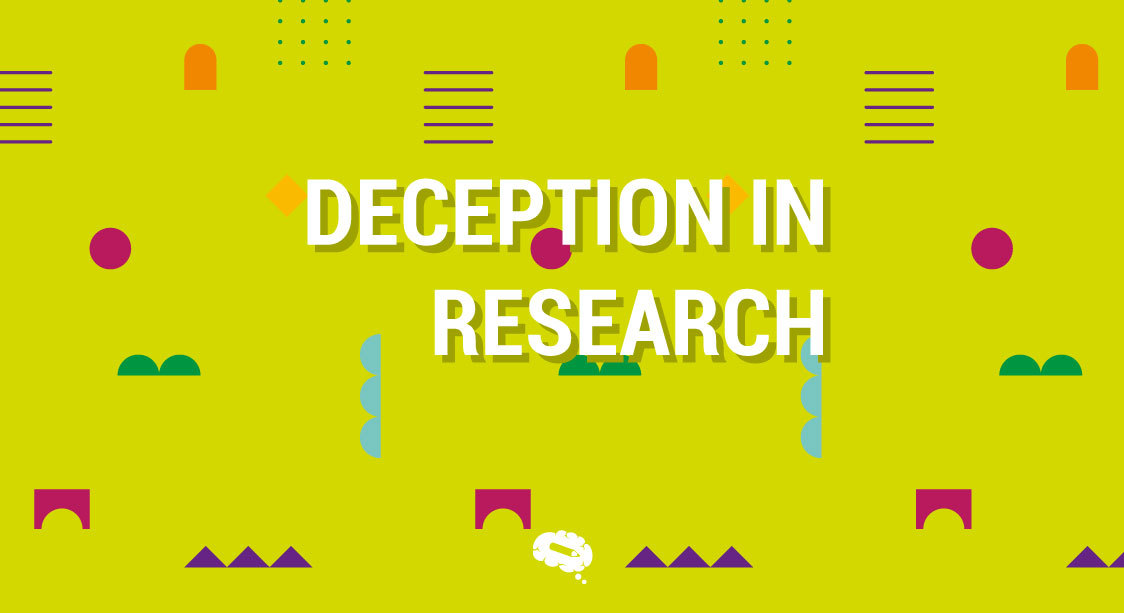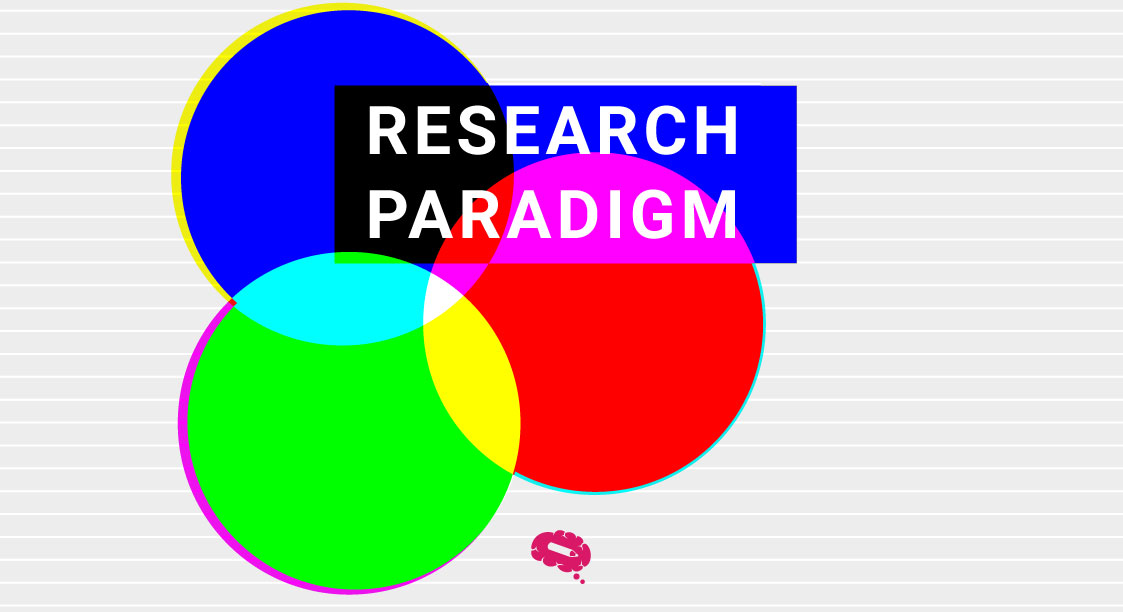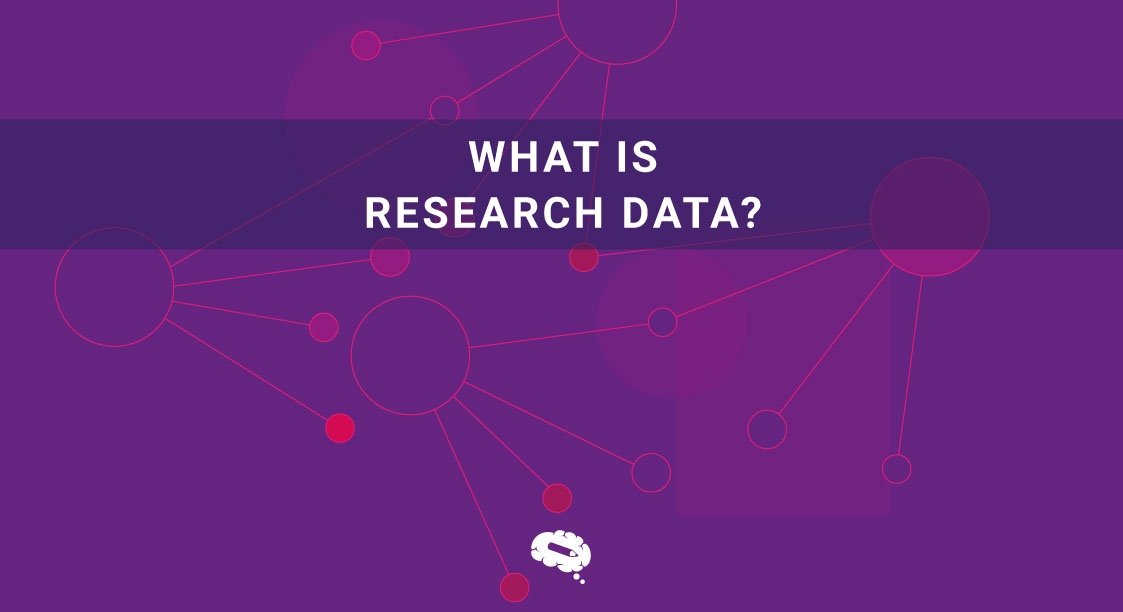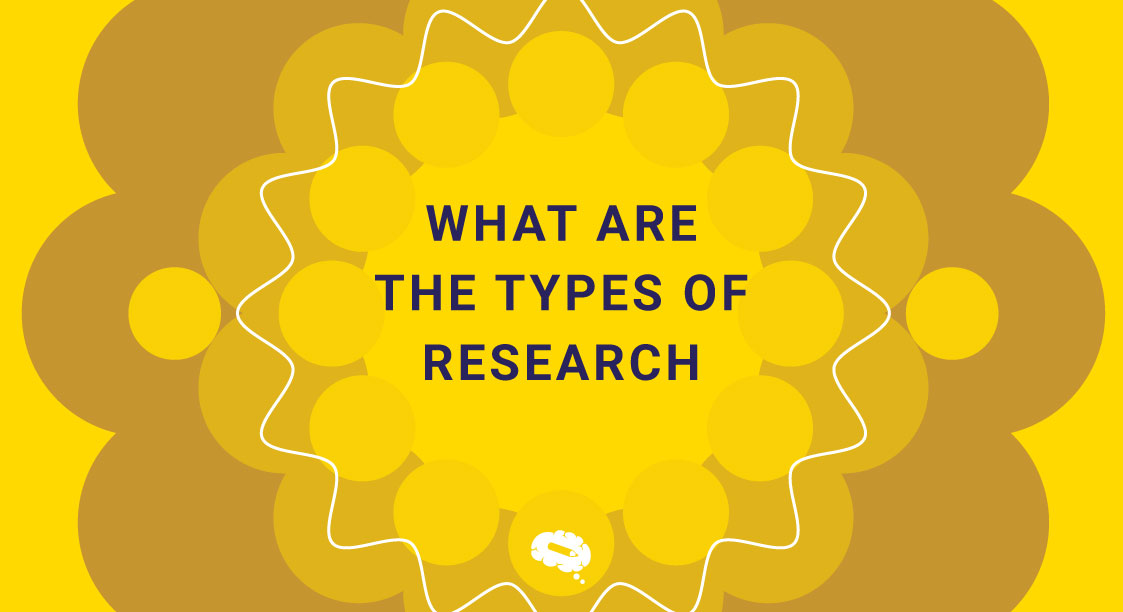In the realm of scientific research, the pursuit of knowledge often demands meticulous and ethical conduct. However, there are instances when deception becomes a subject of scrutiny. This article delves into the multifaceted aspects of deception in research, shedding light on its types, ethical considerations, research methods, notable examples, and regulations. Additionally, we will explore how the Mind the Graph platform can assist scientists in integrating information and creating visually impactful slides.
Introduction To Deception In Research
Deception in research refers to the intentional act of misleading participants or withholding information during the course of a study. While it may raise ethical concerns, deception is sometimes employed to examine human behavior or elicit responses that are more accurate. Understanding its nuances is crucial for conducting responsible and valid research.
Types of Deception In Research
Researchers employ various forms of deception to accomplish their objectives. These can be categorized into the following types:
Misleading Information
Misleading information involves providing participants with false details or manipulating aspects of the study to create a particular perception. It can be used to investigate how individuals react to specific situations or stimuli when presented with altered or inaccurate information.
False Information
False information entails deliberately presenting participants with outright falsehoods. Researchers employ this type of deception to assess the impact of misinformation on decision-making, memory recall, or cognitive processes.
Omission of Information
The omission of information occurs when researchers intentionally withhold certain details from participants. This can be done to observe natural responses or to prevent participants from being influenced by prior knowledge, thus ensuring unbiased results.
Ethical Considerations
Deception in research poses ethical challenges and necessitates careful consideration to protect the well-being and autonomy of participants. Two fundamental ethical principles are of utmost importance:
Informed Consent
Informed consent is the cornerstone of ethical research. Participants must be fully informed about the nature, purpose, potential risks, and benefits of the study before providing their consent. However, in some instances, obtaining informed consent in studies involving deception can compromise the validity of the research.
Debriefing
Debriefing is the process of providing participants with comprehensive information about the study after their involvement. It allows researchers to address any concerns, provide accurate information, and ensure the well-being of participants. Debriefing is essential to maintain transparency and mitigate any potential negative effects caused by deception.
Research Methods
Deception can be implemented through various research methods, depending on the study objectives. The following methods are commonly employed:
Experimental Design
Experimental designs often incorporate deception to simulate real-life situations and elicit genuine responses from participants. By manipulating variables or introducing false information, researchers can uncover intricate aspects of human behavior and decision-making.
Survey Design
Surveys offer valuable insights into a range of topics, and deception can be utilized to gauge participants’ responses to hypothetical scenarios or controversial issues. By introducing false statements or misleading questions, researchers can examine the impact of misinformation or biases on survey outcomes.
Examples Of Deception In Research
Several noteworthy examples illustrate the complexities and ethical dilemmas surrounding deception in research:
Stanford Prison Experiment
The Stanford Prison Experiment, conducted by Philip Zimbardo in 1971, aimed to investigate the psychological effects of perceived power dynamics in a simulated prison environment. Deception played a significant role, as participants were unaware of the study’s true purpose, and were subjected to distressing conditions that raised ethical concerns.
Milgram Experiment
The Milgram Experiment, conducted by Stanley Milgram in 1961, explored obedience to authority figures by measuring participants’ willingness to administer increasingly severe electric shocks to another person. The deception was employed to create a sense of realism, with participants unaware that the shocks were simulated. The study raised ethical concerns due to the potential psychological distress inflicted upon participants.
Benefits And Risks Of Deception in Research
Deception in research offers certain benefits but also carries inherent risks that must be carefully evaluated:
Deception can provide valuable insights into human behavior, decision-making processes, and social dynamics. It can lead to responses that are more accurate, enhance external validity, and generate meaningful data. However, the risks include potential harm or distress to participants, compromised trust in scientific research, and ethical dilemmas regarding informed consent and debriefing.
Regulations And Guidelines For Deception In Research
To ensure the ethical conduct of research involving deception, various regulations and guidelines have been established. Institutional review boards (IRBs) play a crucial role in reviewing and approving studies to protect the rights and well-being of participants. Researchers must adhere to strict ethical standards, including providing thorough debriefing, minimizing harm, and justifying the necessity of deception in their studies.
In conclusion, deception in research is a complex topic with ethical considerations, various types, and potential benefits and risks. While it must be approached with caution, deception can offer valuable insights into human behavior and decision-making processes. Adherence to ethical guidelines, obtaining informed consent, and providing comprehensive debriefing are essential to mitigate potential harm.
Integrate Information And Illustrations Into Beautiful And Impactful Slides
Mind the Graph platform offers scientists a powerful tool to integrate information and create visually impactful slides. By transforming complex data into engaging visuals, researchers can effectively communicate their findings, ensuring clarity and comprehension. Mind the Graph provides a wide range of templates, icons, and customizable features, making it a
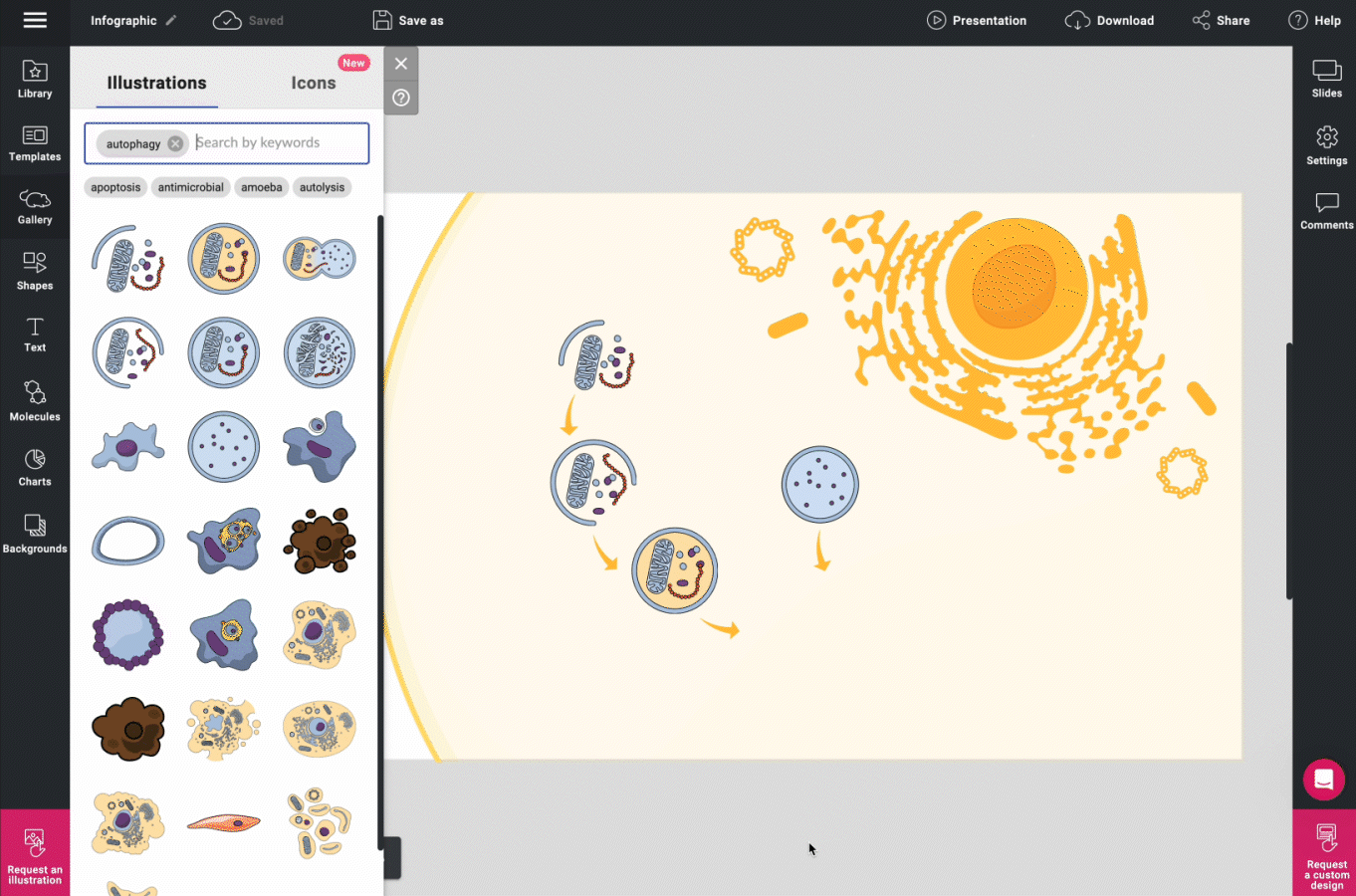

Subscribe to our newsletter
Exclusive high quality content about effective visual
communication in science.

